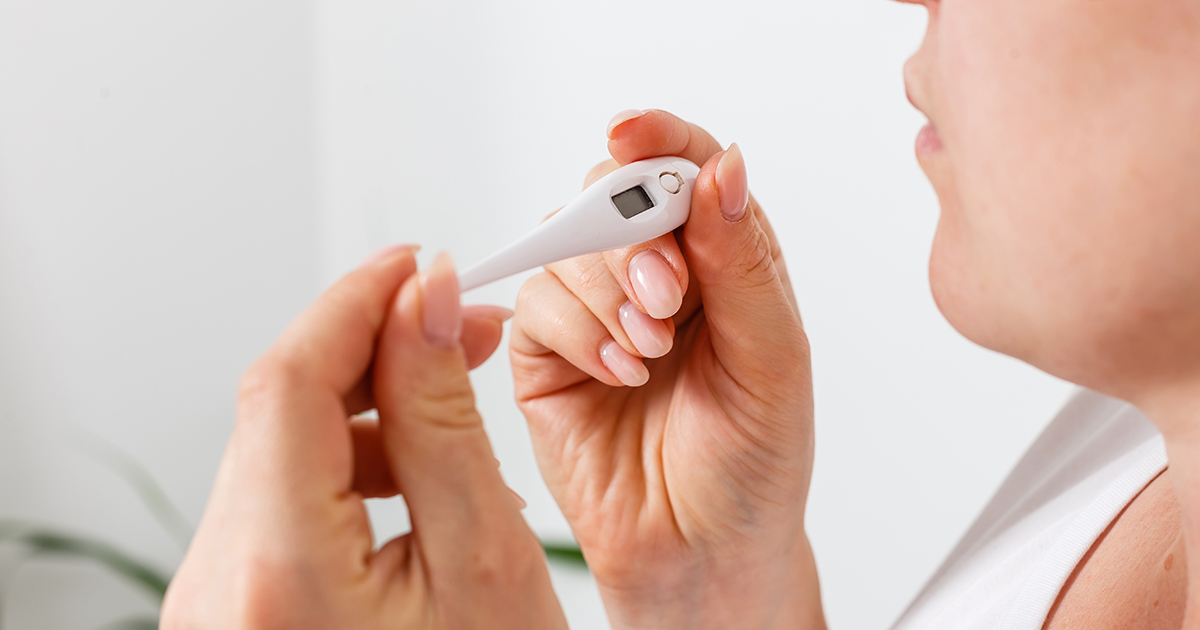
What to do if you have COVID-19
If you have a fever, cough, muscle pain, shortness of breath or any other symptoms of COVID-19, you may have the virus and you should get tested by a health care provider or use an at-home test.
What to do if exposed to COVID
If you have been exposed to someone with the virus and you are experiencing any of the symptoms, you should get tested. Symptoms may appear anywhere between two to 14 days following exposure, according to the Centers for Disease Control and Prevention.
If you are experiencing difficulty breathing, you should seek medical care immediately.
What to do if you test positive for COVID
If your COVID-19 test is positive, you should notify your healthcare provider. Also, inform anyone you were recently in close contact with.
You should isolate at home for at least five days from the onset of symptoms, regardless of your vaccination status. If after five days you no longer have symptoms, you can leave isolation, but wear a mask around others for five additional days.
Follow the full isolation recommendations from the Centers for Disease Control and Prevention (CDC)
How to treat COVID
You may wonder what medicine to take for COVID. The answer depends on how severe your symptoms are.
Most people with COVID-19 have mild illness and can recover at home. They can manage their symptoms with over-the-counter medicines, such as acetaminophen or ibuprofen for aches and fever.
Symptoms might last a few days and you may be feeling better in about a week. In addition to managing your symptoms with over-the-counter medicines, you should:
Need care now?
- Stay home and isolate to protect others
- Drink plenty of fluids to stay hydrated
- Get plenty of rest
- Wash your hands often
- Cover sneezes and coughs
- Avoid sharing household items
- Wear a mask if you have to be around others
- Ask a friend or family member to deliver food and medication
If your symptoms are getting worse, contact your healthcare provider. There are antiviral medications for treating COVID-19 in people with mild to moderate cases and who are at high risk of getting very sick that would require hospitalization. These must be prescribed by your healthcare provider and start as soon as possible following a positive test.
Even if your symptoms are mild, you should contact your healthcare provider to see if you qualify for antiviral medication.
When are you contagious with COVID?
You are most contagious in the first five days following the start of your symptoms.
You can also spread COVID-19 in the 48 hours before your symptoms start. If you never have symptoms, consider yourself most infectious in the five days following a positive test.
How long does COVID last?
Some people with COVID-19 may be infectious for up to 10 days.
Symptoms in children and babies are milder than those in adults. People who experience more serious illness may take weeks to recover.
Some people have lingering symptoms after recovering. These people are called long-haulers, and their symptoms can last four weeks or longer.
Can you get COVID twice?
The short answer is, yes, you can get COVID-19 reinfection.
Reinfection means an individual had a previous infection, they recovered and then they later became infected again. An individual can be reinfected multiple times, especially as new variants of the virus emerge, according to the CDC.
The key is to stay up to date with COVID-19 vaccines and get care as soon as symptoms develop to decrease the risk of becoming seriously ill.